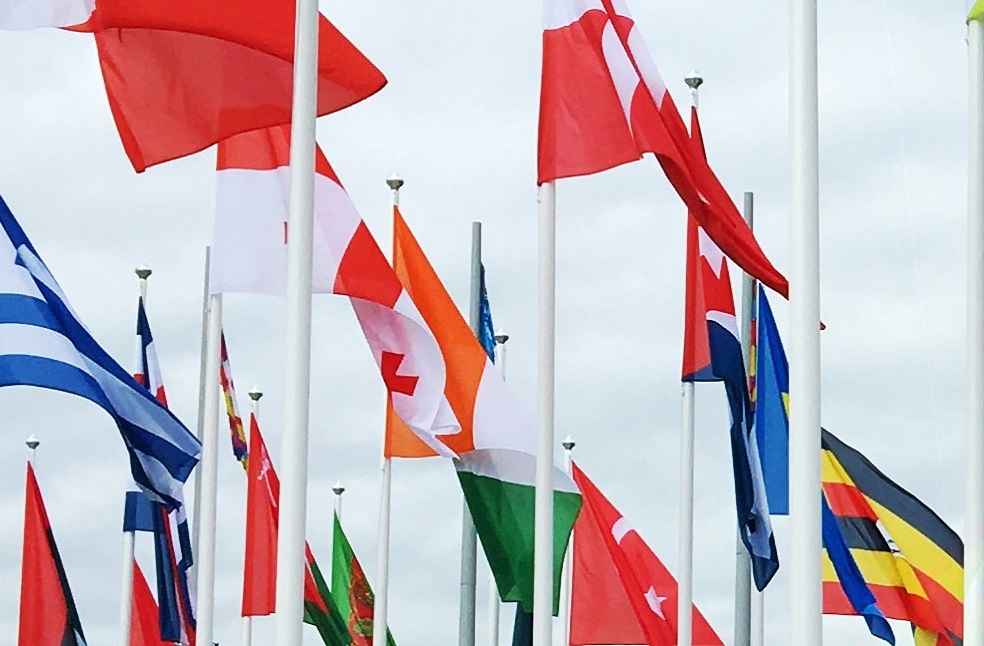Notwithstanding the enduring obstacles triggered by the COVID-19 pandemic, geopolitical turbulence, and unrestrained inflation, the trade world has displayed exceptional resilience and is increasingly interconnected. Countries across the globe are pivoting towards digital solutions, using innovative technologies to circumvent physical and bureaucratic hindrances in a bid to facilitate trade world.
The above are some facts from the 5th United Nations Global Survey on Digital and Sustainable Trade Facilitation. The report, covering 161 nations, underlines a significant stride in the implementation of both general and digital trade facilitation measures between 2021 and 2023, registering a 6-percentage point rise. The current global average implementation rate stands at 68.7%.
Developed economies showcase the most substantial implementation rate at 85.3%, closely followed by South-East and East Asian countries at 76.6%. The Pacific Islands trail at the lower end of the spectrum with a 42.3% implementation rate.

An examination of the Asia-Pacific region reveals an encouraging trajectory. Implementation rates have surged approximately three percentage points since 2021, with Australia, New Zealand, and East and North-East Asia recording the highest upticks. Notable advancements were also observed in North and Central Asia and the Pacific Island Developing Economies.
Interestingly, despite the slower uptake of cross-border paperless trade measures compared to others, there have been significant developments in this area. The formulation of new regulations and laws governing electronic transactions and the electronic exchange of Sanitary & Phytosanitary Certificates reflect a strong commitment to modernizing trade procedures, bolstering efficiency, and fostering international collaboration.
Key drivers of this global progress are regional and sub-regional initiatives such as the Framework Agreement on Facilitation of Cross-border Paperless Trade in Asia and the Pacific (CPTA), the expanded ASEAN Single Window Agreement, and the African Continental Free Trade Area (AfCFTA) Agreement. By providing a dedicated and inclusive platform that builds capacities, these initiatives have played a pivotal role in guiding countries towards the gradual adoption of less paper, then paperless, and ultimately, cross-border paperless trade.

This 2023 Survey brings to light areas requiring more attention, notably the under-implementation of sustainable trade facilitation measures and inadequate support for vulnerable groups. These include the agricultural sector, Small to Medium-sized Enterprises (SMEs), and women traders.
United Nations Under-Secretary-General and Executive Secretary of ESCAP, Armida Salsiah Alisjahbana, called for increased international collaboration. “More concerted international collaboration is necessary. I call upon countries to actively implement sustainable trade measures highlighted in the Survey to foster inclusive and sustainable trade and development,” she urged.
The Survey, a joint effort of various Economic Commissions and the United Nations Conference on Trade and Development, bolsters the implementation of the WTO Trade Facilitation Agreement. It also supports emerging regional and global initiatives on paperless trade or e-trade, such as the recent CPTA. Additionally, the Survey recommends innovative paperless and cross-border trade facilitation measures, as well as those promoting more inclusive and sustainable trade, particularly aimed at sectors and groups with unique needs.
FINANCE | UK: The Lone Major Economy with Rising Inflation Amid Global Cooling



